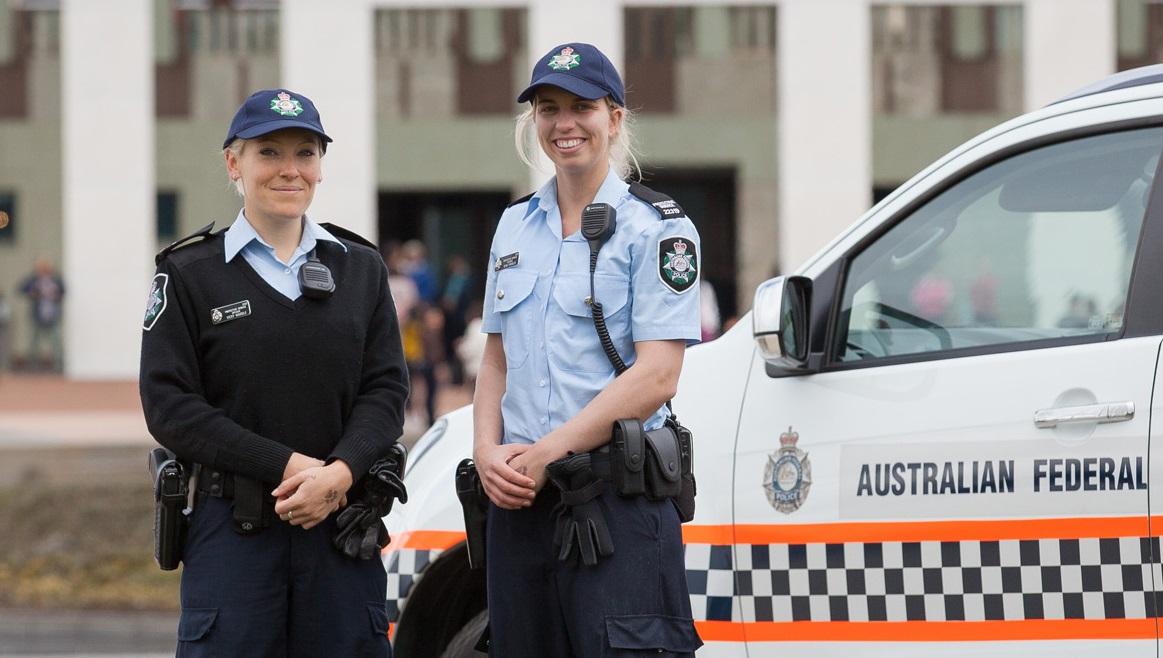
The beat
Myanmar embassy attack was ‘a warning’
Harakat Sawa’id Masr (Hasm), an Egyptian militant group that was banned by Egyptian authorities earlier this year, has claimed responsibility for Saturday’s bombing of the Myanmar embassy in Cairo. Hasm released a statement saying that the attack was motivated by the Myanmar military’s recent violence against the country’s Rohingya population. Hasm claims that it was ‘a warning to the embassy of murderers, killers of women and children in the Muslim Rakhine State, and was in solidarity with the sons of this weakened Muslim population’.
Assessing new approaches
The NSW Police Force’s specialist unit to prevent ‘lone wolf’ attacks, which has now been operating for six months, can show off some success already: six people were charged from 32 investigations. The unit ‘combines police investigators with mental health professionals to target and assess individuals suspected of extremist or obsessive behaviour’. The focus is on ‘people driven by extreme political, religious or ideological beliefs who make threats of violence’.
More women in the AFP?
The AFP is opening a female-only recruitment round for entry-level jobs to achieve its target of gender parity. Currently, the AFP environment is strongly male-dominated: 22% of sworn officers, one-third of all staff and one-quarter of senior leader are women. The new strategy is expected to increase female applicant numbers, and will run until at least Christmas.
CT scan
New French anti-terror law
The French parliament has passed a new anti-terror bill. The bill enacts as permanent legislation some provisions of the state of emergency, which is due to end in November. In particular, it gives police increased powers to search premises and detain terror suspects. Authorities will also be able to close places of worship suspected of disseminating extremist ideologies, without providing ‘proof of radical preaching or writing’. The bill’s passage comes after two women were fatally stabbed at the Marseille train station last week.
US–Philippines counterterror exercises
The US and the Philippines are conducting a new joint military exercise. The KAMANDAG exercise will focus on counterterrorism and humanitarian assistance and follows another joint counterterrorism drill between the countries, Tempest Wind, which was held last week. The KAMANDAG exercise replaces the annual US–Philippines Amphibious Landing Exercise, which was cancelled by Philippine President Rodrigo Duterte. The drills may represent a rapprochement between the US and the Philippines as Duterte has promised to be ‘friendly’ with the US.
WA police given greater powers
Police in Western Australia will be given greater powers to shoot and kill suspected terrorists who create hostage situations, after the 2014 Lindt Café siege prompted a review of protocol. New laws will enable police to launch a pre-emptive strike if they believe it could save the lives of hostages. Police Minister Michelle Roberts has said her government is ‘committed to giving our police every tool they need to respond to terrorist incidents’.
Checkpoint
Hamas and Fatah attempt to bury the hatchet
The prime minister of Palestine, Rami Hamdallah, has crossed into the Gaza strip for the first time in almost two years after the unity government between the Fatah and Hamas collapsed. The prime minister and his delegation held talks with Hamas officials, in an attempt to end political and territorial divisions. In his opening speech, Hamdallah said, ‘We are here to turn the page on division [and] restore the national project to its correct direction’.
Israel seeks to merge contested land
Israeli prime minister Benjamin Netanyahu has expressed support for a bill that would see Palestinian territories merged into Greater Jerusalem. The area in question is the West Bank, which was captured by Israel in 1967 but is also claimed by Palestine. An adviser for Palestinian president Mahmoud Abbas has said that the move to legislatively claim the West Bank is ‘an attempt by Netanyahu to destroy the two-state solution and a clear refusal of any attempt to revive the peace process.’
May promises no hard border
As the logistics of Brexit continue to be negotiated, Prime Minister Theresa May has said that there will be no hard border between Ireland and Northern Ireland. Many fear that re-establishing a physical border would reinstate past violence, and would negatively affect trade. A history of the Irish border can be found here.
First responder
US terminology shifts
After the destruction wrought by hurricanes Harvey and Irma in the US, Trump administration officials have changed their language. Federal Emergency Management Agency Administrator Brock Long and acting Homeland Security Secretary Elaine Duke avoided talking about mitigating the effects of ‘climate change’ when speaking to the media, preferring to speak instead about a need to ‘increase resilience’. Of course, the sudden need to increase resilience must be derived from something.
Resilience thinking and biodiversity
Resilience thinking is about finding sustainable ways to cope with unexpected events. Early this week, authors from the United Nations Development Programme, among other agencies, wrote about the many ways resilience thinking can improve national biodiversity strategies and action plans. These agencies are also holding a Massive Open Online Course titled ‘Introduction to Resilience for Development’ for free starting on 31 October for those who want to expand on their resilience thinking abilities.
The ADF’s role in extreme weather events
ASPI’s own Dr Anthony Bergin argued for policy prescriptions such as a Defence ‘climate adviser’ to increase the ADF’s effectiveness at dealing with extreme weather events in an article for the Asia–Pacific Society. Dr Bergin and former ASPI intern Zoe Glasson made a longer submission to the Australian Senate in July on the impacts of climate change on national security.